News & Events
Find out what’s happening at Providence Medical Associates.
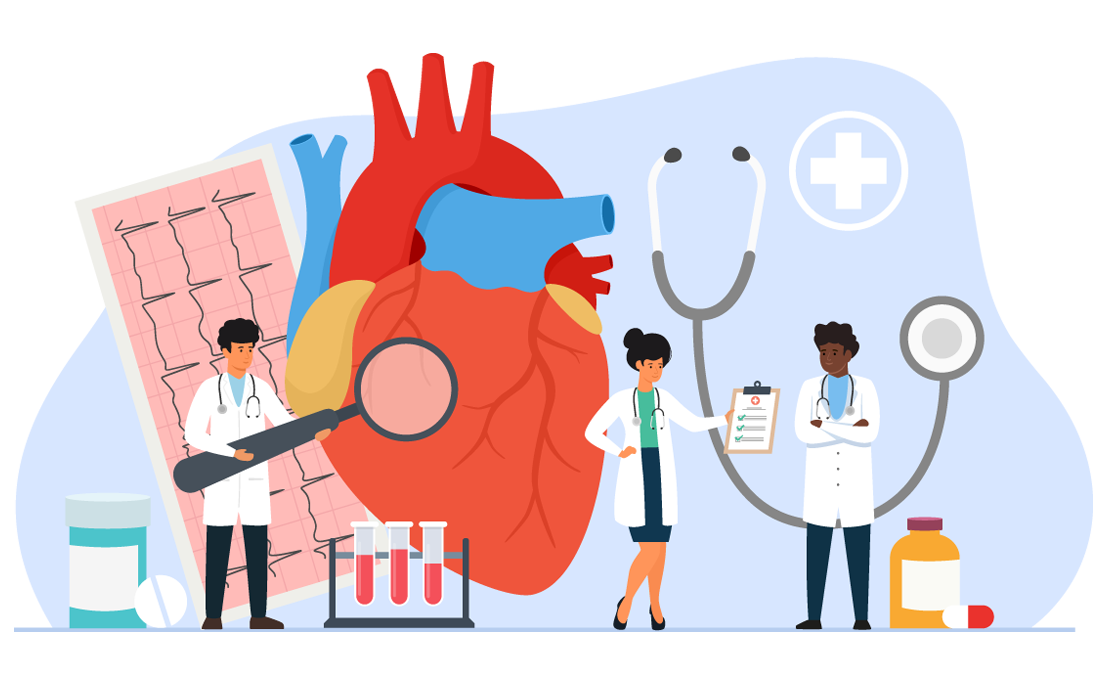
Heart Disease and You: How is your ticker?
Every 40 seconds, someone in the United States suffers a myocardial infarction, better known as a heart attack. Heart disease is still the Number 1 cause of death in America, causing one in five deaths. One underreported fact is that adults often experience different symptoms during a heart attack. While people of both genders may […]
Learn More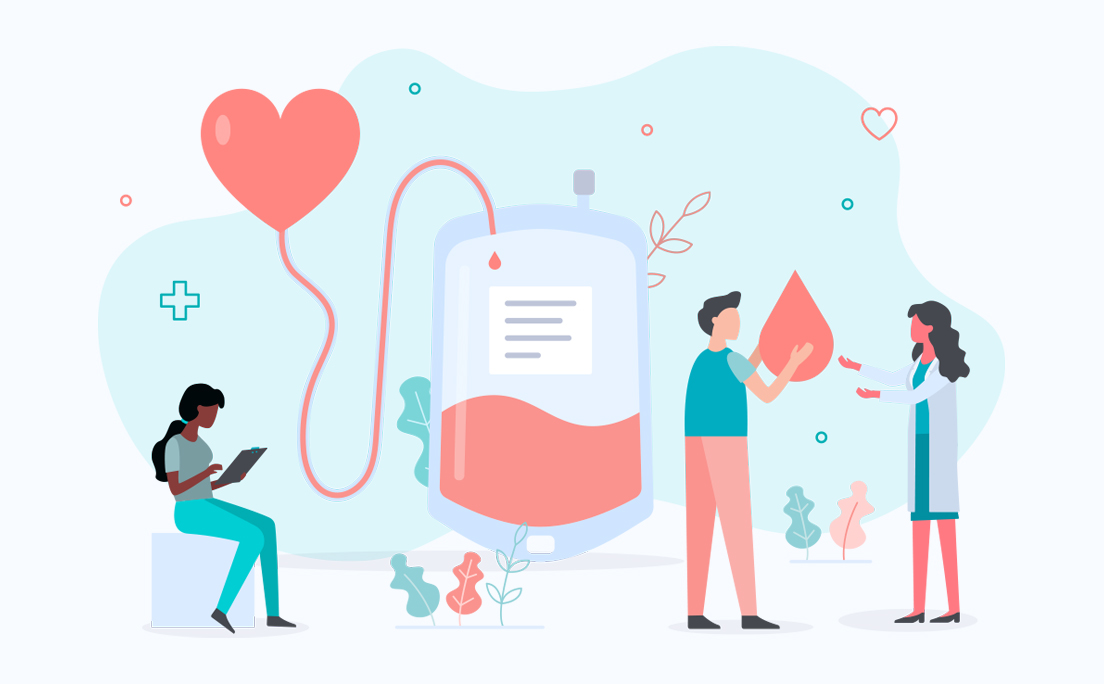
It is In Your Blood: Save a Life
Every two seconds, someone in the United States needs blood. People who have suffered a trauma, are undergoing surgery, battling cancer, or managing a chronic illness are dependent on blood donations. The simple act of making one blood donation can save up to three lives. However, only 3% of age-eligible people donate blood every year. […]
Learn More
Protect Your Vision: Be aware of the dangers of Glaucoma
Most people take their vision for granted—until it starts to change. Unfortunately, some conditions put your eyesight in peril without any early symptoms. Such is the case with glaucoma. Glaucoma is a leading cause of vision loss and blindness in the United States, especially in older adults and African Americans. It causes loss of vision […]
Learn More
Diabetes: Could You Have It and Not Know It?
November is designated National Diabetes Month to raise awareness of diabetes and its serious effects. Why is it important for you to know more about this chronic condition? Diabetes is a disease that occurs when your blood glucose (blood sugar) is too high. Over time, having too much glucose in your blood can cause other […]
Learn More
Antibiotics and Super Bugs
Most scientific experts agree that the discovery of penicillin in the mid-twentieth century revolutionized the treatment of infectious diseases worldwide. Since then, antibiotics have been used to treat a wide range of conditions that affect many different parts of your body, from your internal organs to the outer layer of your skin. Their use has […]
Learn More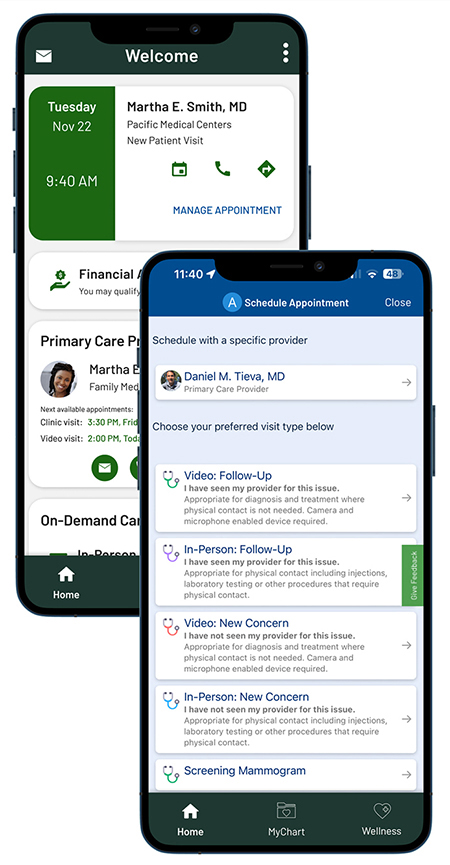
It’s All in the Providence App
High-quality, personalized healthcare – at your fingertips Scheduling made easy Connect to virtual visits or in-person appointments whenever you need care. You can even schedule for that day. Health reminders Stay on top of important tasks like screenings and immunizations. Ask questions, get answers Message your care team or ask “Grace,” our Smart Assistant, for […]
Learn More
It’s Not About Pink Ribbons
October 29, 2024 October is Breast Cancer Awareness Month, but it is so much more than pink ribbons. “Although science has made great strides in the battle against breast cancer, approximately 42,250 women will die of breast cancer in the United States this year,” says Kimberley Chan, M.D. “Nearly every woman is at risk of […]
Learn More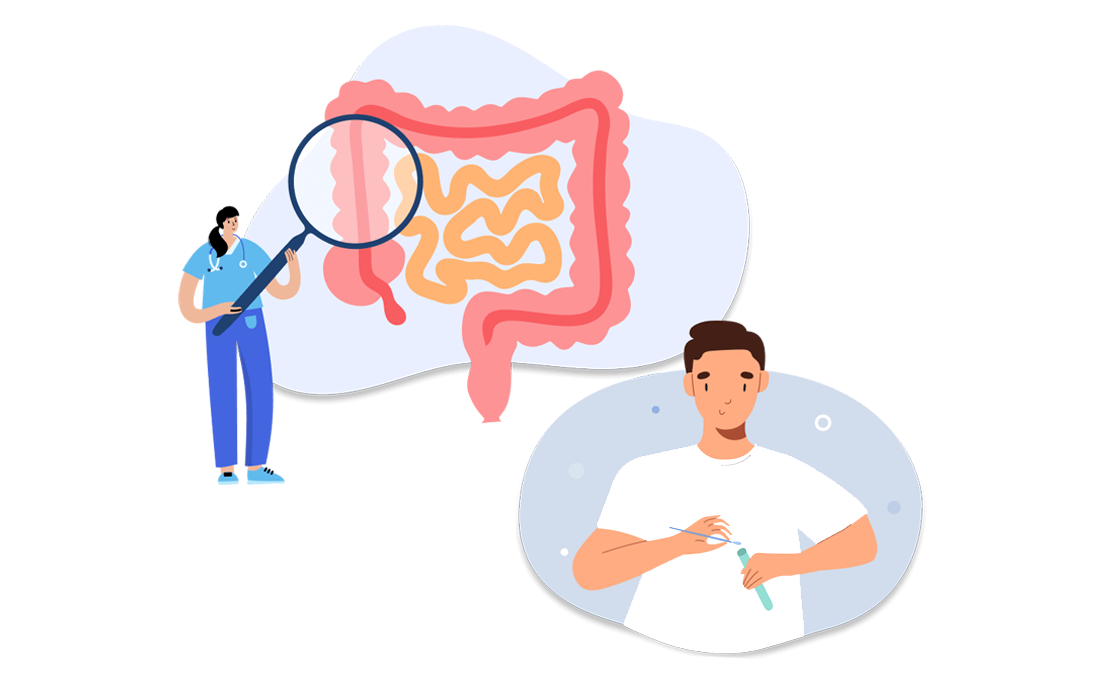
Colorectal Cancer: Does it strike everyone equally?
July 29, 2024 If you could perform a simple painless test in the privacy of your home that could save your life, wouldn’t you do it? Of course—especially if the test is covered by insurance. Yet unfortunately, too many people die from colon cancer, which is very preventable. Chadwick Boseman, the star of “Black Panther,” […]
Learn More
Protect Your Heart Health
Did you know that heart disease is the Number 1 cause of death in the U.S.? February is designated American Heart Month to help increase awareness that embracing a healthy lifestyle can help you avoid becoming a statistic. Your heart didn’t come with an owner’s manual, so here is what you need to know in […]
Learn More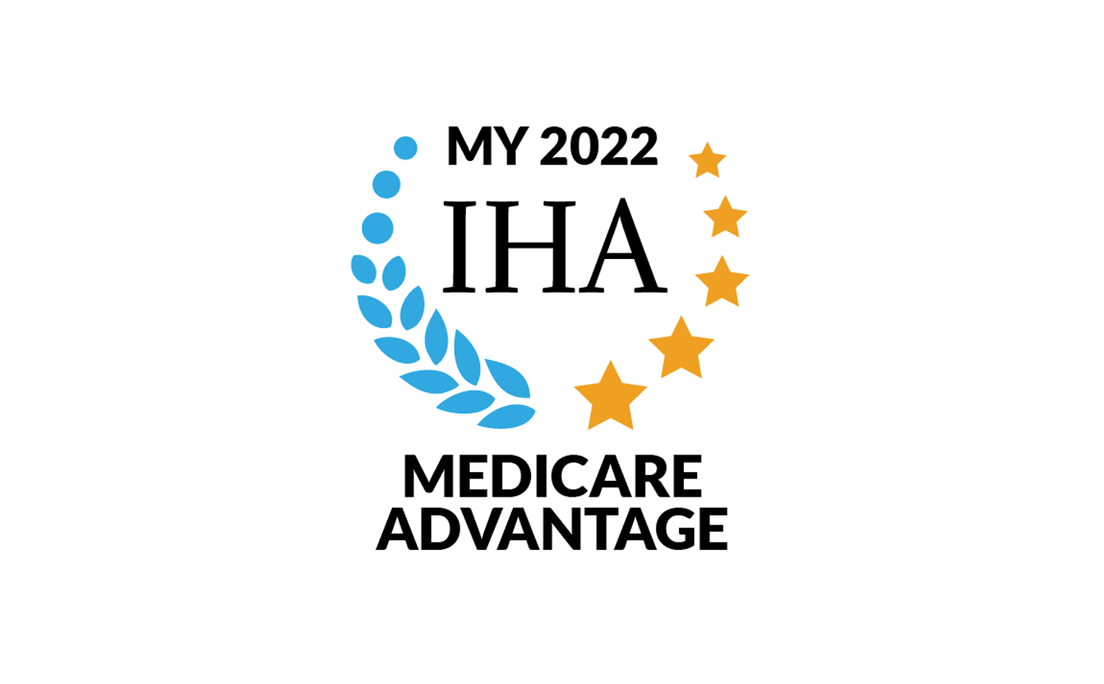
Providence Medical Associates’ AMP Medicare Advantage plan earns high marks for quality, improvement
The Integrated Healthcare Association (IHA) recently awarded AMP Medicare Advantage 4.5-Star Recognition to Providence Medical Associates (PMA) in its Align. Measure. Perform. (AMP) Medicare Advantage program for measurement year 2022. In addition, the group was granted AMP Medicare Advantage Most Improved Recognition for improving the quality of care provided to members during the same period. How it works: Each […]
Learn More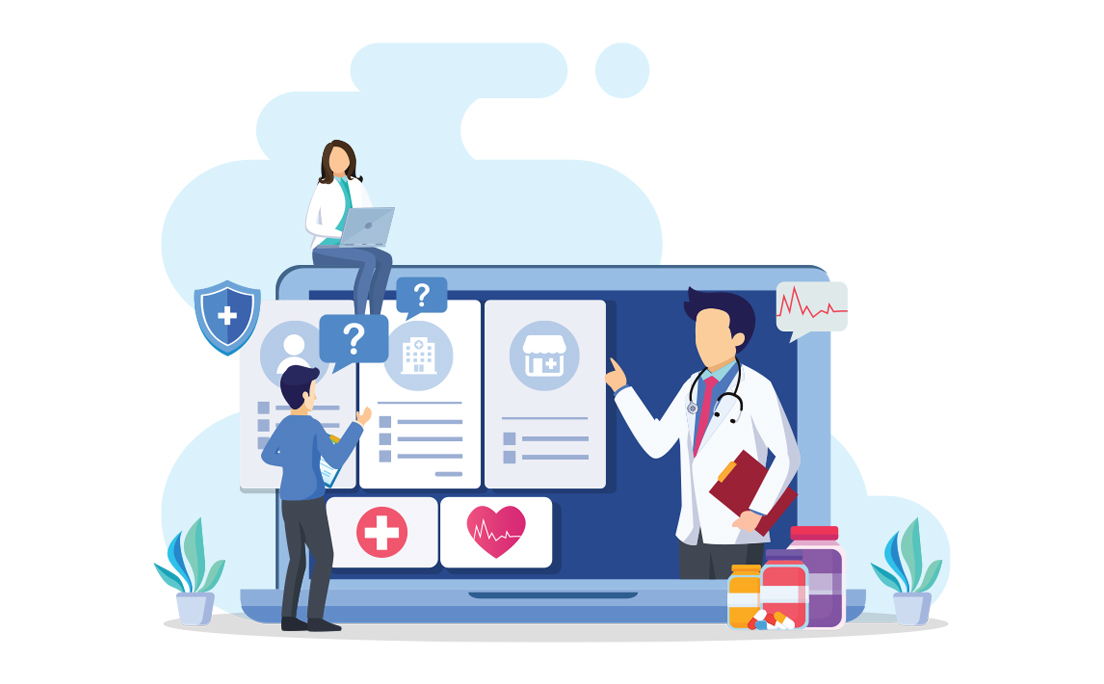
Where to Go When You Need Care
As health care providers, our physicians are committed to getting you the right care you need, at the right time and place. In reality, not every illness or injury requires immediate attention. Jason Ho, MD, a family medicine physician specializing in urgent care, explains how to decide where to go and when. “Many patients don’t […]
Learn More
Stress Management: Your Life in the Balance
At some point in our lives, most people will experience stress. Although it may be regarded as more of an emotional response, your body reacts to stress by releasing hormones that produce the “fight-or-flight” response. As a result, your heart rate, breathing rate, and blood pressure go up, your muscles tense, and you sweat more. […]
Learn More
Weight Management: A Key to Good Health
If you struggle with your weight, you are not alone. Nearly 3 in 4 adults ages 20 or older in the United States are either overweight or obese, and the rate for children and teens ages 2 to 19 is nearly 1 in 5. The older we get, the harder it is to maintain a […]
Learn More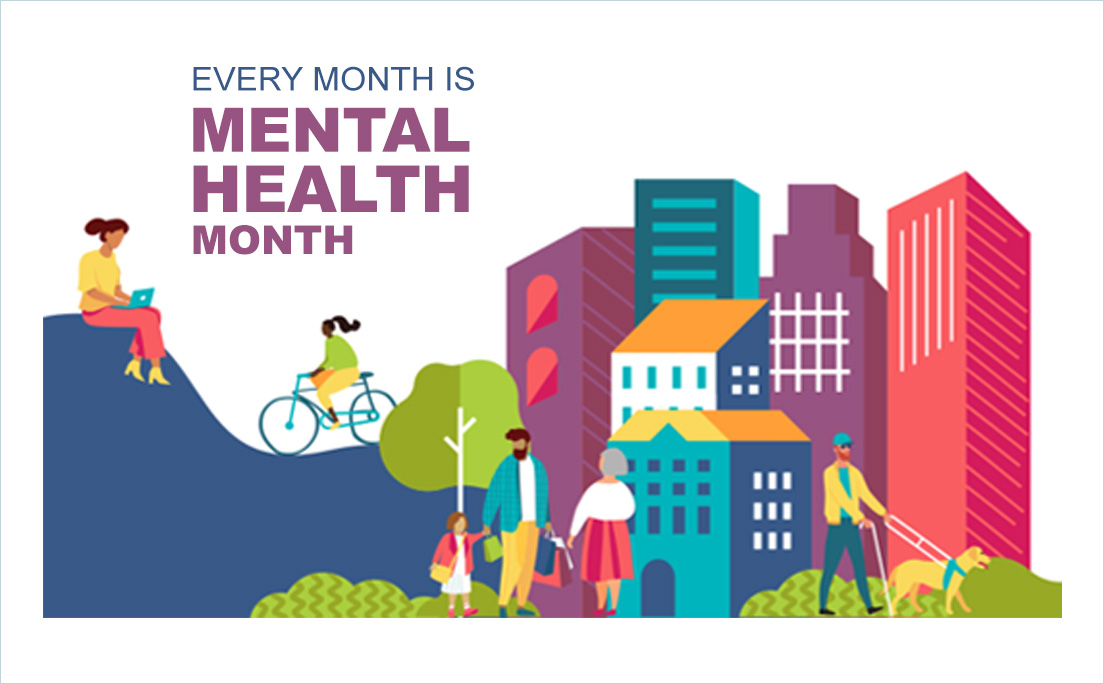
Mental Health is Your Health
According to a new study, depression in Americans aged 12 years and older has reached epidemic levels with nearly 10% of the population being affected by the mood disorder. [1] Unfortunately, the stigma of mental health issues still persists and makes many people reluctant to seek help for something “in their head.” Yet, depression is the leading […]
Learn More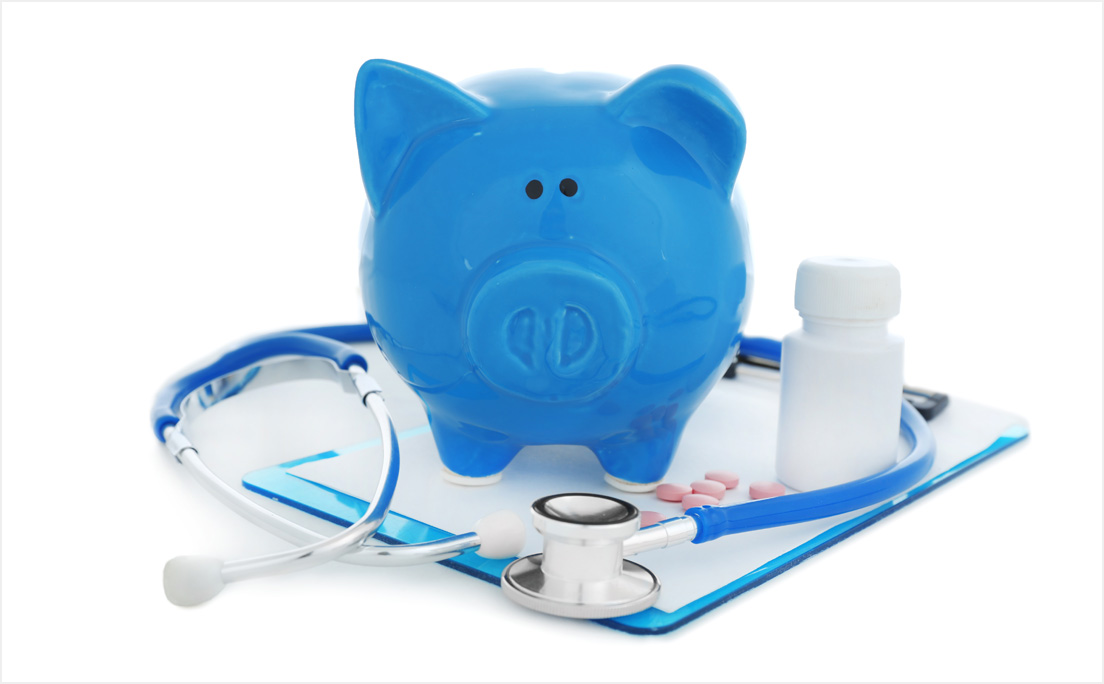
Right Care, Right Cost…
Not feeling well or suffering an injury? Chances are good that you or a loved one may need medical advice during times like these. Many people believe that visiting the emergency room (ER) is the quickest way to get treated when they are ill or injured. ERs often have long waits and can be expensive, […]
Learn More
Protect Yourself from the “Tripledemic” this Flu Season
Every autumn signals the start of cold and flu season. But this year, health experts are bracing for a “tripledemic” wave of respiratory illness caused by the flu, new COVID variants, and a third pathogen, respiratory syncytial virus, or RSV, that taken together could cause especially dangerous illness in those who are unprotected. “What we have done […]
Learn More
Colorectal Cancer Screening
Colon cancer is one of the most preventable types of cancer, and highly treatable when caught early. Colon cancer is the second leading cause of cancer death in American men and women combined, and its incidence is going up in people younger than 50. How can you protect yourself or a loved one from dying […]
Learn More
Do you want the doctor to see you now?
With some medical groups, it seems like it takes forever to get an appointment. But you have the right to not only choose your doctor, but a physician who can see you without delay. That’s the advantage of the Providence physicians you know and trust—we are here for you today and tomorrow, whenever you need […]
Learn More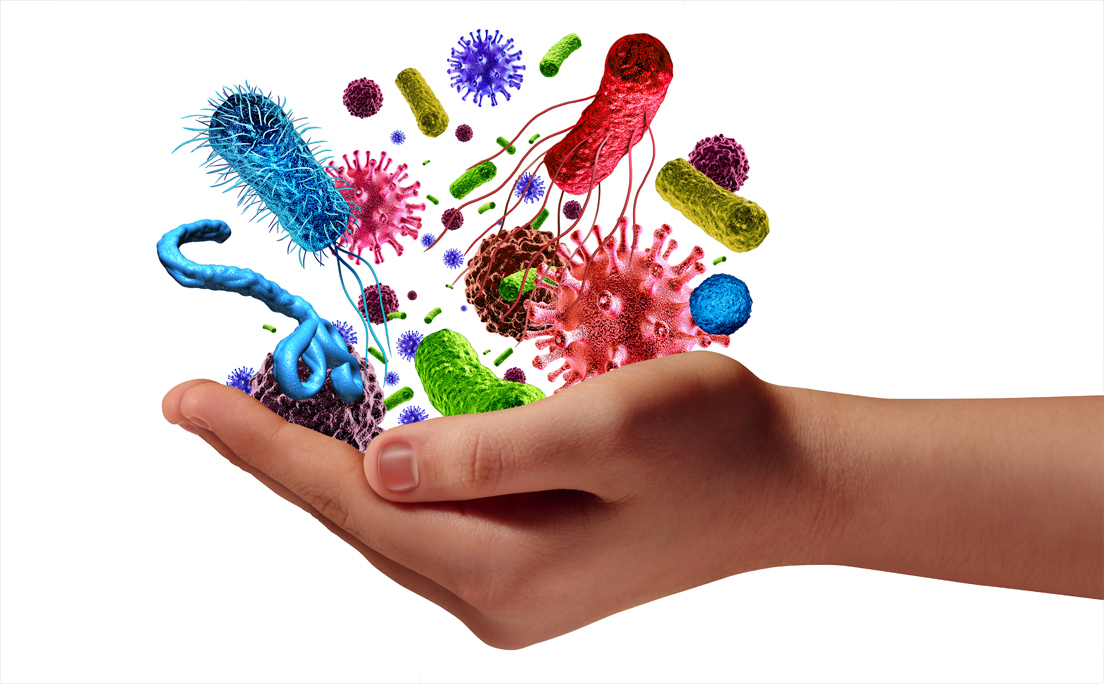
Viruses or Bacteria: What’s got you sick?
Antibiotics are only needed for treating certain infections caused by bacteria. Viral illnesses cannot be treated with antibiotics. When an antibiotic is not prescribed, ask your healthcare professional for tips on relieving symptoms and feeling better. Why can’t antibiotics be used to treat both viruses and bacteria? Simply put, they are two very different kinds […]
Learn More
Be Your Best Self Webinar Series
This program consists of six virtual webinars (one a month) with various subject matter experts in their field. Join our registered dietitians, licensed therapists and social workers to help you feel your best mentally and physically. You can attend all six or pick and choose the ones right for you! Download the PDF for more […]
Learn More
Axminster Medical Group Completes Name Change
Axminster Medical Group has had an enduring legacy within the Los Angeles community. Established in 1961, Axminster joined Providence in 2012. After consolidating with two other medical groups in 2015, Axminster became Providence Medical Associates in 2015. Throughout these transitions, why did the Axminster name continue to be used? In a word, contracting. HMO contracts […]
Learn More